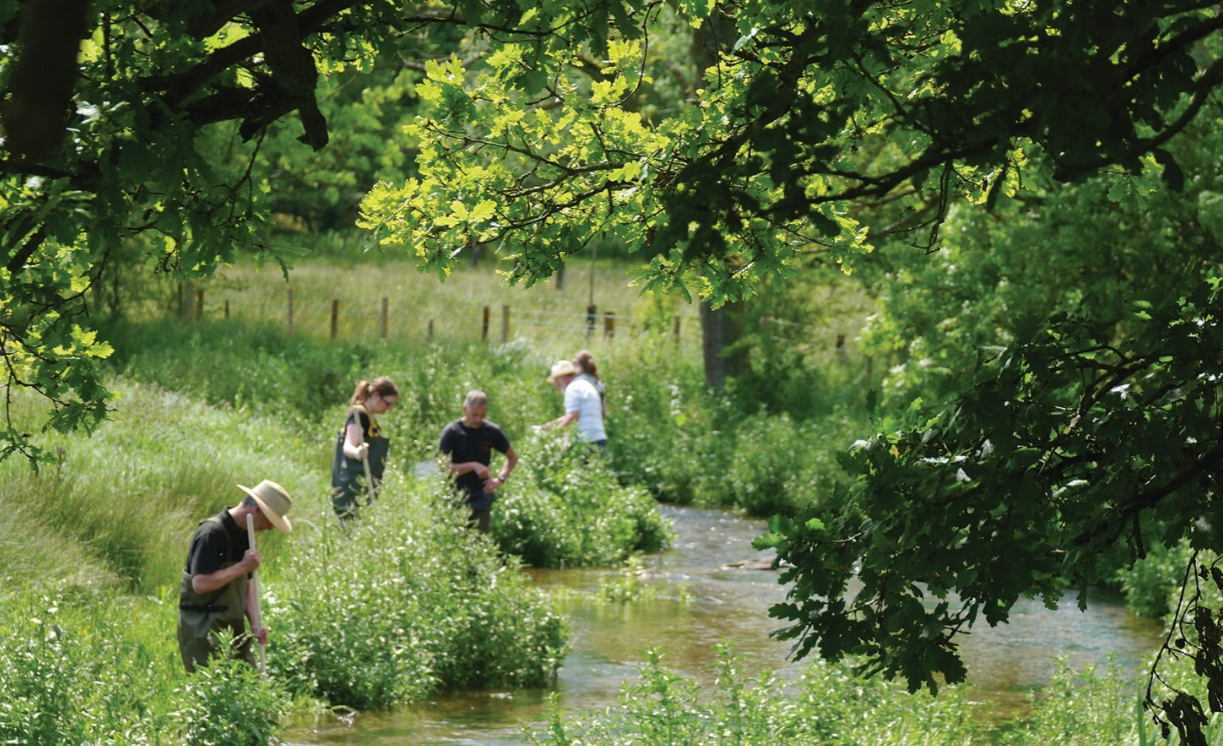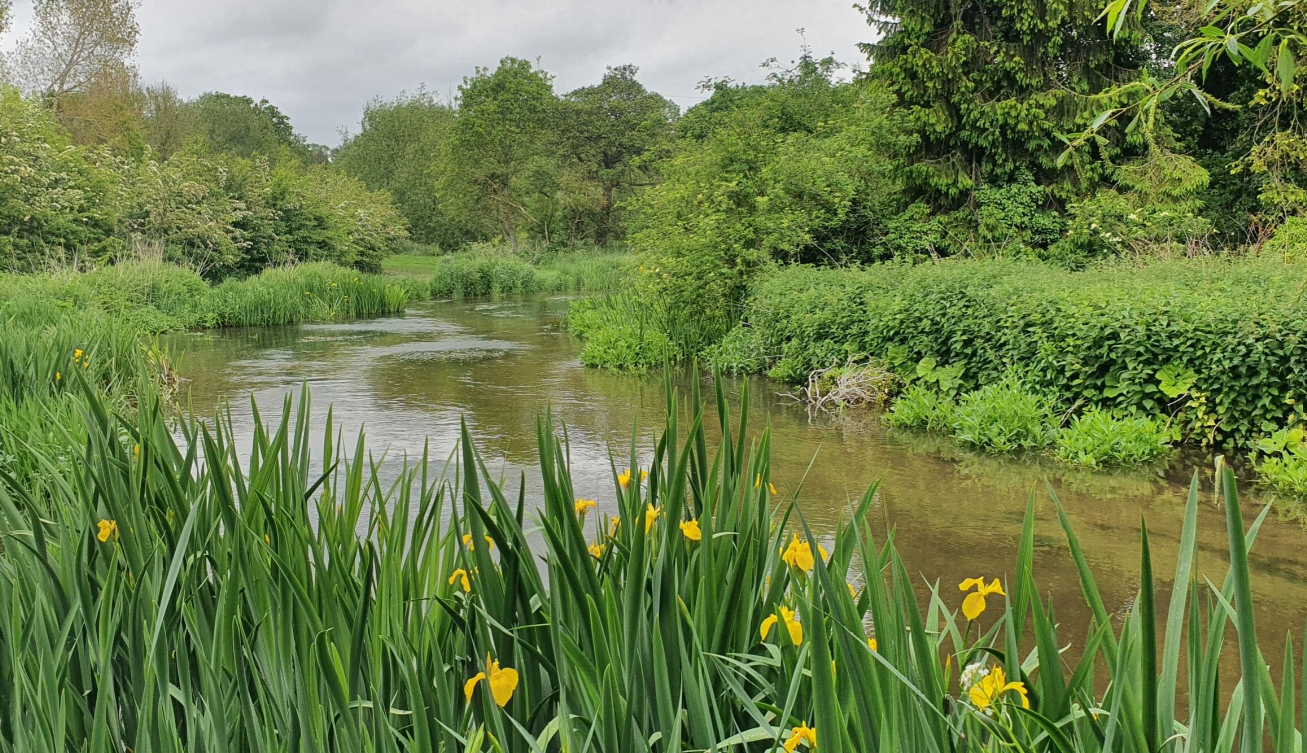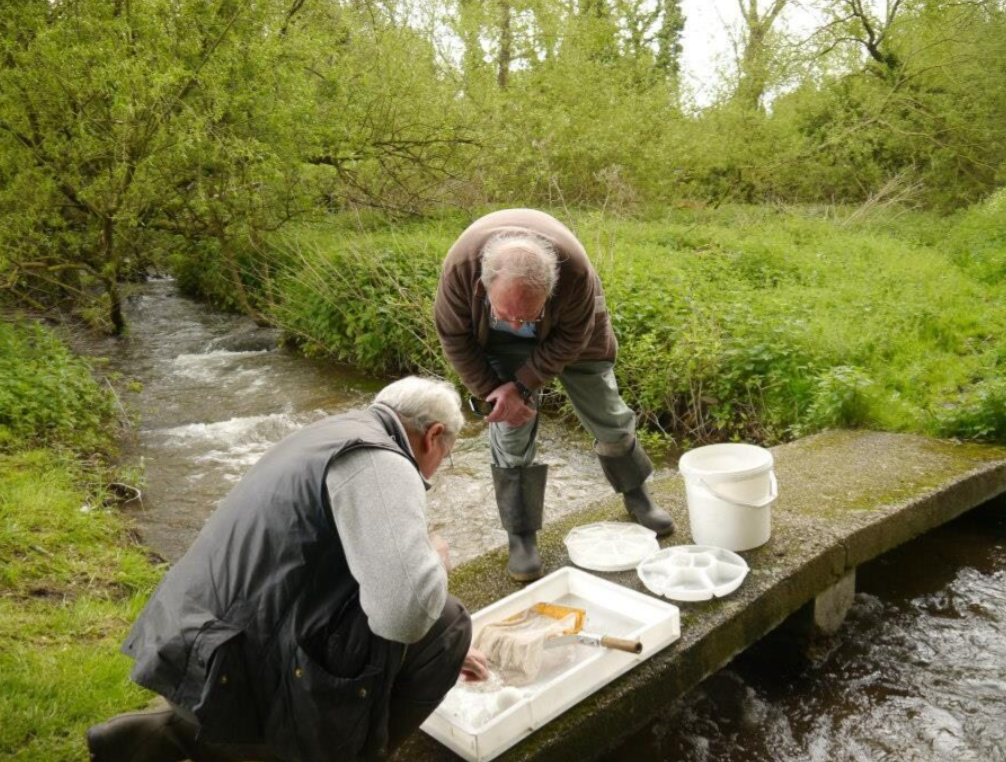Thames Water presents progress to enhance River Chess following £3 million investment since 2020

- Over the last five years the water company has provided £3 million of funding towards the River Chess Smarter Water Catchment partnership to enhance and restore the river.
- The partnership has delivered 96 projects over the 5 years, which has improved 50% of the River Chess and created 500 hectares of new habitat.
- This comes as part of the company’s commitment to work with local communities to improve river health.
Funded by Thames Water, the River Chess Smarter Water Catchment was established in 2020 and is delivered by a mix of partners from statutory agencies, non-governmental organisations, water companies and academic institutions. Funding is used towards recruitment, monitoring & data collection, and delivery of projects. Partners involved in the scheme have also provided additional resources skills & expertise to the initiative, which included over 22,000 hours of volunteered time and over £900,000 of match funding.
Through the delivery of 96 projects over 5 years, the partnership has been able to;
- Improve 50% (8km) of river,
- Create over 500 hectares of habitat
- Restore over 150 hectares of habitat.
Thames Water hopes the partnership will be used as inspiration to bring community groups together to help improve the health of other rivers across the Thames Water region.
Further, Thames Water will deliver a record amount of investment to address some of the oldest and most complex infrastructure in the water sector. The company is delivering on its plans to upgrade over 250 of its sites across the region to increase treatment capacity, lower the number of storm discharges and implement nutrient reduction schemes. This includes the sewage treatment works in Chesham. You can see a list of upgrades here.
Helena Soteriou-Hains, Head of River Catchment Strategy at Thames Water said: “The Chess Smarter Water Catchments initiative has been steered by partners who all care deeply about the health of the River Chess. While we play an important role in this, we aren’t the sole custodians of river health and we need everyone working together to help our waterways thrive.
“Our delivery of projects over the last five years is proving to be successful as we have seen improvements in water quality and enhanced biodiversity across the Chess catchment. We look forward to our continuing collaboration with our partners to help enhance the River Chess for all to enjoy.”
Paul Jennings, Chair of the River Chess Association said: “The Smarter Water Catchment is a shining example of what can be achieved when restoring a river with a dedicated group of experts. Based on data we have focussed on reviving flows and water quality. These efforts are being rewarded, grayling, trout, water voles, otters, great white egret and rare winterbourne stonefly are expanding their range in the Chess catchment.”
Tom Beeston, Chief Executive of the Chiltern Society said: "The success of the Chess Smarter Water Catchment project has been driven by our strong partnership with Thames Water and local government and community partners. By combining expertise, resources, and a shared commitment to improving the health of the River Chess, we've been able to take a more holistic and impactful approach to water and river management. This collaboration has not only enhanced local biodiversity and water quality but also engaged communities in protecting this vital chalk stream for future generations.”

The water company attended the River Chess Smarter Water Catchment annual event in Chesham on Wednesday 26 March to demonstrate its progress towards restoring and enhancing the River Chess.
Elaine King, Chief Executive of The Chilterns National Landscape: “The Chilterns National Landscape and Chilterns Chalk Stream Project is pleased to have hosted the River Chess Smarter Water Catchment project on behalf of Thames Water. It’s a fantastic example of how collaboration between government bodies, water companies, farmers, local authorities, charities and community groups can deliver multiple benefits - at a catchment scale - for both people and the natural environment. And, as the urgency increases to explore new and effective means by which we can mitigate the impacts of climate change and reverse declines in nature, this project is also providing a powerful platform for much-needed innovation and research.”

